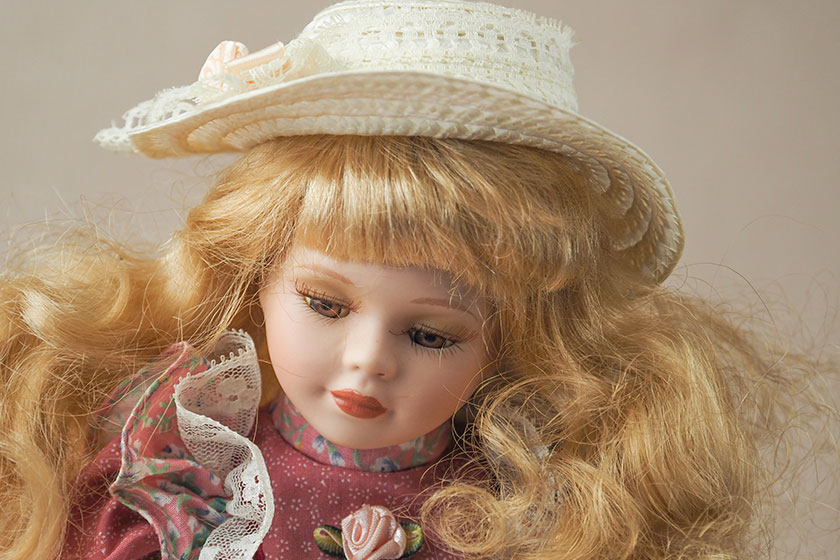Navigating the world of memory issues, whether it’s Alzheimer’s, dementia or other cognitive challenges, can be a heart-wrenching experience both for the affected individual and loved ones. In recent years, a therapeutic approach called doll therapy has been gaining recognition for its potential benefits to those grappling with memory problems. Continue reading to learn more.
Understanding Doll Therapy
At its core, doll therapy involves providing adults who are dealing with memory challenges, a doll to care for and engage with. While it might seem simple or even childish at first glance, this therapeutic intervention carries a depth of emotion and potential benefits.
A Glimpse into the Past
For many elders, a doll can be a bridge to the past. It evokes memories of parenthood, youth and simpler times. For someone with memory issues, these connections can be profound, offering moments of clarity and recollection. It is not just about holding a toy; it is about reliving the feelings of nurturing, caregiving and love.
Comfort and Companionship
Loneliness can be a significant challenge for those with cognitive issues. They may often feel isolated or misunderstood. Having a doll to care for provides a sense of companionship. The act of holding, cuddling or simply having the doll nearby can offer immeasurable comfort. It can be a silent companion that does not judge, does not demand, but is just there.
A Boost in Responsibility and Purpose
Purpose is a powerful emotion. The routine of taking care of a doll – feeding it, putting it to bed or even talking to it – can instill a sense of responsibility in the individual. This can be particularly beneficial for those who may feel that they have lost their sense of purpose due to their memory challenges.
Reducing Agitation and Anxiety
Memory issues often come with heightened feelings of agitation and anxiety. Engaging with a doll can have a calming effect. The familiarity and simplicity of the interaction can reduce distressing feelings and provide a focus away from the anxiety or agitation.
A Valuable Communication Tool
For caregivers, whether family members or professionals, communication with someone who has memory issues can sometimes be challenging. Doll therapy can act as a bridge in this regard. Observing how the person interacts with the doll can offer insights into their feelings or needs. It can also be a conversation starter, paving the way for more profound communication and understanding.
Points to Consider
While doll therapy offers numerous benefits, it is essential to approach it with sensitivity. Not every individual may resonate with or benefit from this method. It is crucial to ensure that the therapy does not infantilize the person but empowers and comforts them. Being observant and receptive to the person’s reactions to the doll is vital. If they show discomfort or disinterest, it is essential to respect their feelings.
Additionally, it is worth noting that while doll therapy can be a valuable tool in the care of those with memory issues, it is just one of many therapeutic interventions available. Always consider the holistic needs of the individual and tailor care approaches accordingly.
A Gentle Touch of Comfort
Doll therapy, when approached with understanding and respect, can be a transformative tool for loved ones in retirement communities who are grappling with memory issues. It is a testament to the power of simple, human connections and the deep-seated memories and emotions they can evoke. For families and caregivers, it offers another avenue to provide comfort, understanding and a touch of nostalgia to loved ones as they navigate the challenges of memory disorders.







